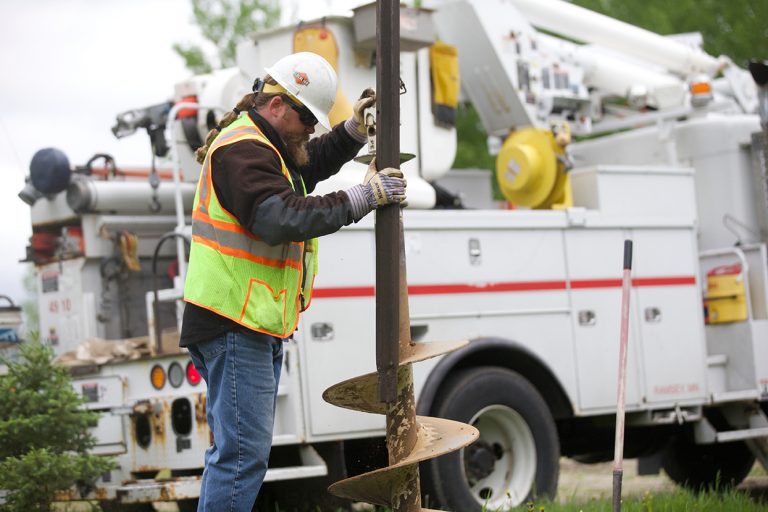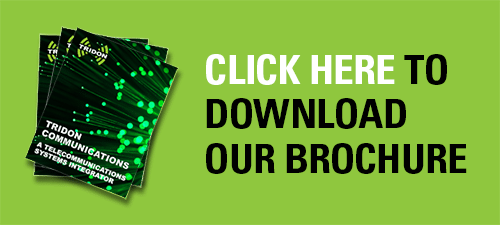Dummy's Guide to Radio Terminology: Basic Jargon
In two-way radio communication, clarity is key. Regardless of how clear the transmission is, you don’t want to have to repeat yourself and you don’t want miscommunication. This is true in regular use and critical in an emergency.
So, if you’re new to radio communication, or you just need a refresher, here are some of the terms that a part and parcel of radio communication.

Free Motorola System Builder
Radio Check – What is my signal strength? Can you hear me?
Go Ahead – You are ready to receive transmission.
Stand-by – You acknowledge the other party, but I am unable to respond immediately.
Roger or Ten Four -Message received and understood.
Negative – Same as “No”
Affirmative – Same as “Yes”. Avoid “yup” or “nope” as they are difficult to hear.
Say Again – Re-transmit your message
Over – Your message is finished.
Out – All conversation is finished, the channel is clear for others to use.
Break, Break, Break – You are interrupting in the middle of communication because you have an emergency.
Read you loud & clear – Response to “Radio Check”. Means your transmission signal is good. Also use “Read you 5-by-5“.
Come in – You are asking the other party to acknowledge they hear you.
Copy – You understand what was said.
Wilco – Means “I will comply”.
Repeat – Used before you repeat something. ex: “I require 9-5, repeat 9-5, gallons of diesel fuel. Over”
These terms can be combined such as:
“Roger Wilco” means “I understand and will comply”, or
“Over and Out” means “I’ve finished talking and I’m signing off”.

And, if you have to literally spell things out for the person on the receiving end of your transmission, here is the phonetic alphabet you should use.
A – Alpha
B – Bravo
C- Charlie
D – Delta
E – Epsilon
F – Foxtrot
G – Golf
H – Hotel
I – India
J – Juliet
K – Killo
L – Lima
M – Mike
N – November
O – Oscar
P – Papa
Q – Quebec
R – Romeo
S – Sierra
T – Tango
U – Uniform
V – Victor
W – Whiskey
X – Xray
Y – Yankee
Z – Zulu
Sometimes, I swap out ‘Papa’ for ‘Peru’ but that might just be me. But, like I said off the top, clarity is key for two-way radio communication. A little memorization, some strict radio discipline, and the phonetic alphabet will ensure your message is received ‘loud and clear’. If you have any other questions about radio terminology, gear, or service needs, feel free to reach out.








